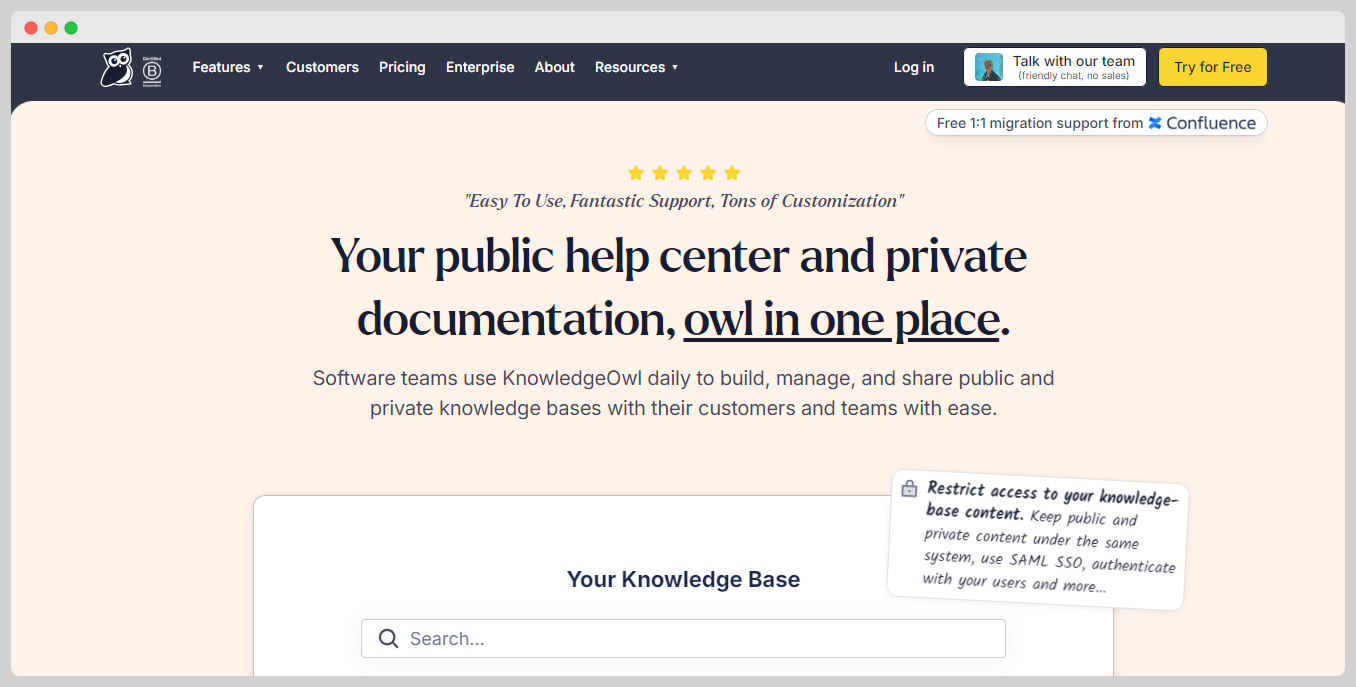How Marybeth Alexander Transformed KnowledgeOwl into a Booming SaaS Business
Who is Marybeth Alexander?
Marybeth Alexander, the founder of KnowledgeOwl, hails from a background in customer support and software, having worked at SurveyGizmo where she moved from a support role to product management. She co-founded KnowledgeOwl in 2015 after buying the internal tool she helped revive, transitioning into entrepreneurship with a focus on creating people-first, purpose-driven business practices.
What problem does KnowledgeOwl solve?
KnowledgeOwl solves the problem of confusing and scattered information by providing businesses with an easy-to-use platform for creating organized, accessible knowledge bases, allowing customers to find answers quickly and independently. This reduces frustration, minimizes support requests, and enhances customer satisfaction, making it an essential tool for businesses looking to streamline customer support and boost their overall service experience.

How did Marybeth come up with the idea for KnowledgeOwl?
Meribeth Alexander's vision for KnowledgeOwl was born from her background in customer support and a keen understanding of the importance of efficient knowledge management. Working with SurveyGizmo, she observed the challenges of managing information and documentation...
Disclaimer: The initial draft of this article was compiled by the Starter Story team based on publicly available interviews, podcasts, and other content from the founder. See the sources we used here.

Download the report and join our email newsletter packed with business ideas and money-making opportunities, backed by real-life case studies.

Download the report and join our email newsletter packed with business ideas and money-making opportunities, backed by real-life case studies.

Download the report and join our email newsletter packed with business ideas and money-making opportunities, backed by real-life case studies.

Download the report and join our email newsletter packed with business ideas and money-making opportunities, backed by real-life case studies.

Download the report and join our email newsletter packed with business ideas and money-making opportunities, backed by real-life case studies.

Download the report and join our email newsletter packed with business ideas and money-making opportunities, backed by real-life case studies.

Download the report and join our email newsletter packed with business ideas and money-making opportunities, backed by real-life case studies.

Download the report and join our email newsletter packed with business ideas and money-making opportunities, backed by real-life case studies.










